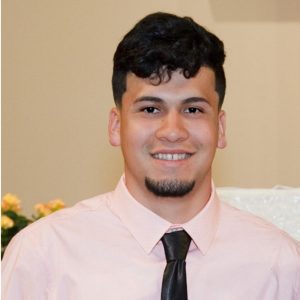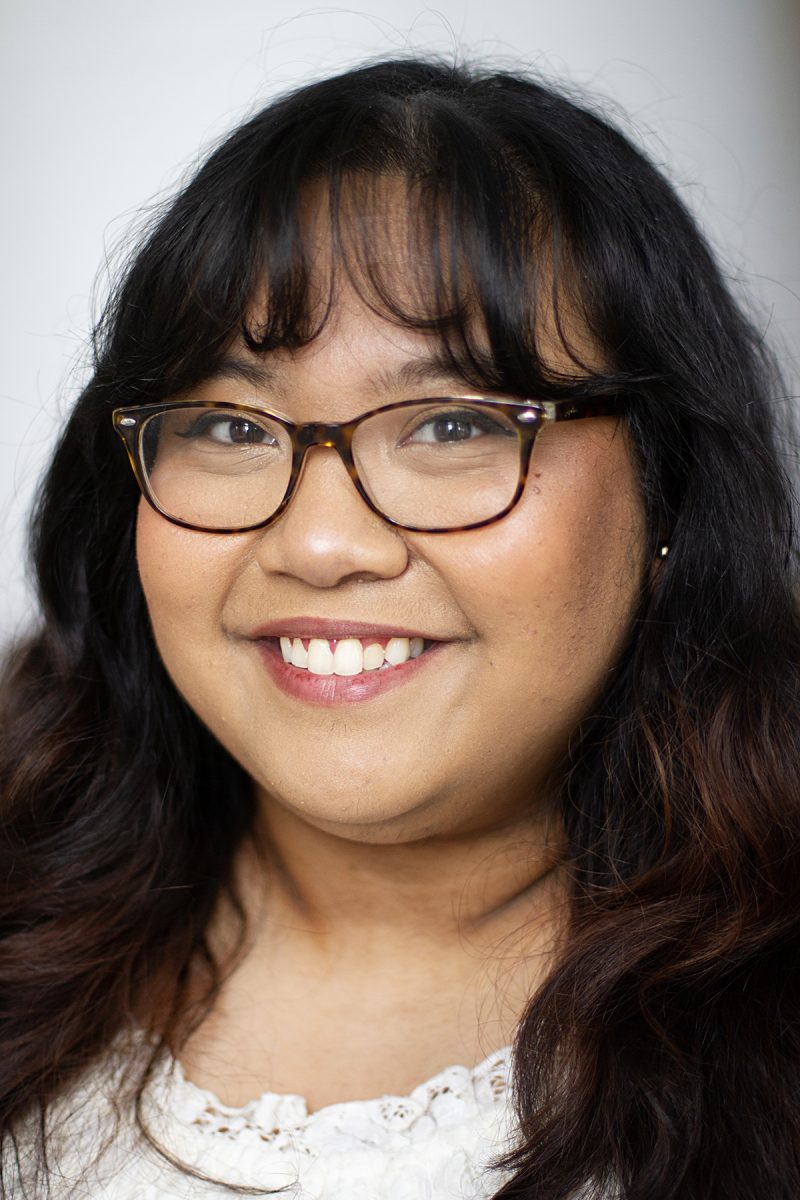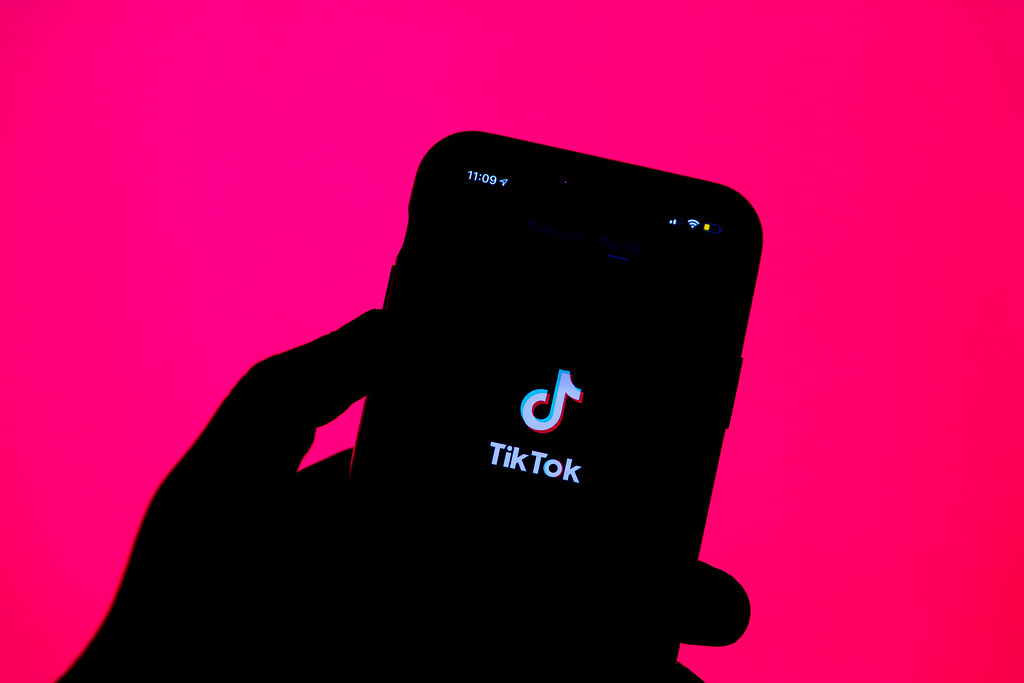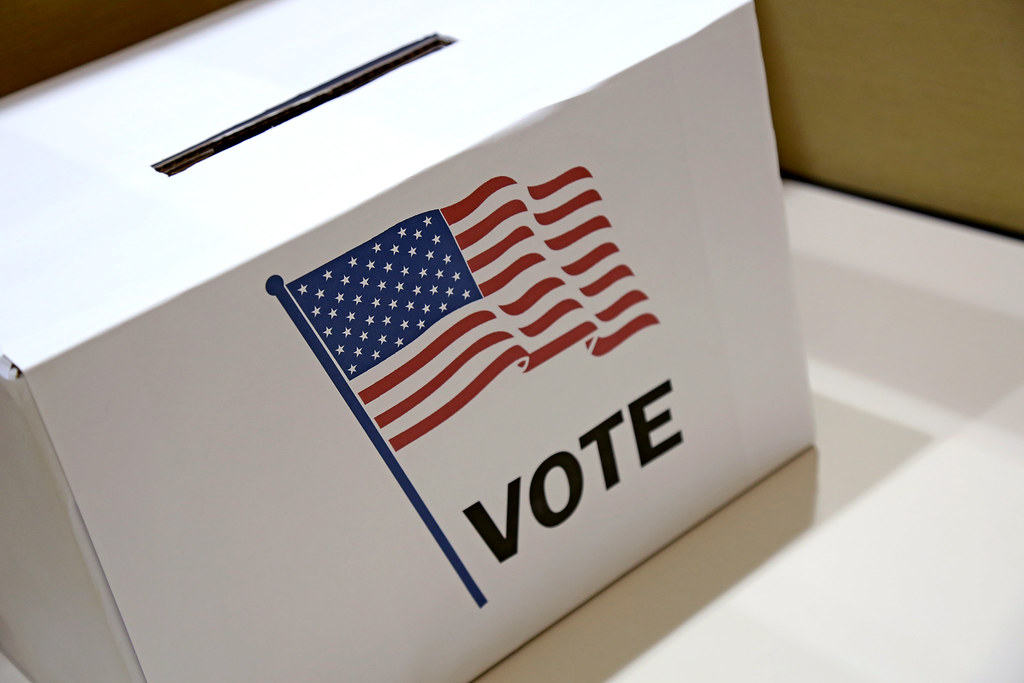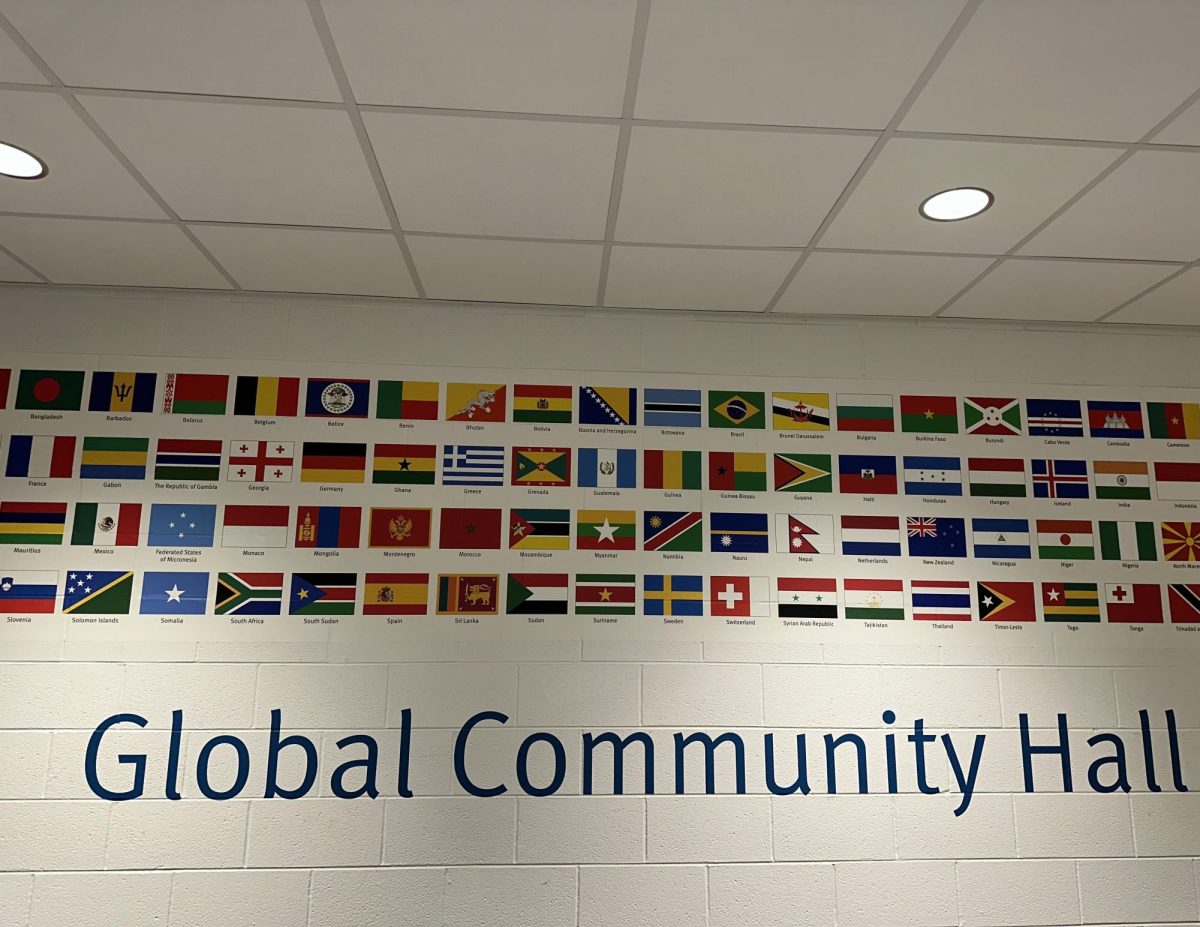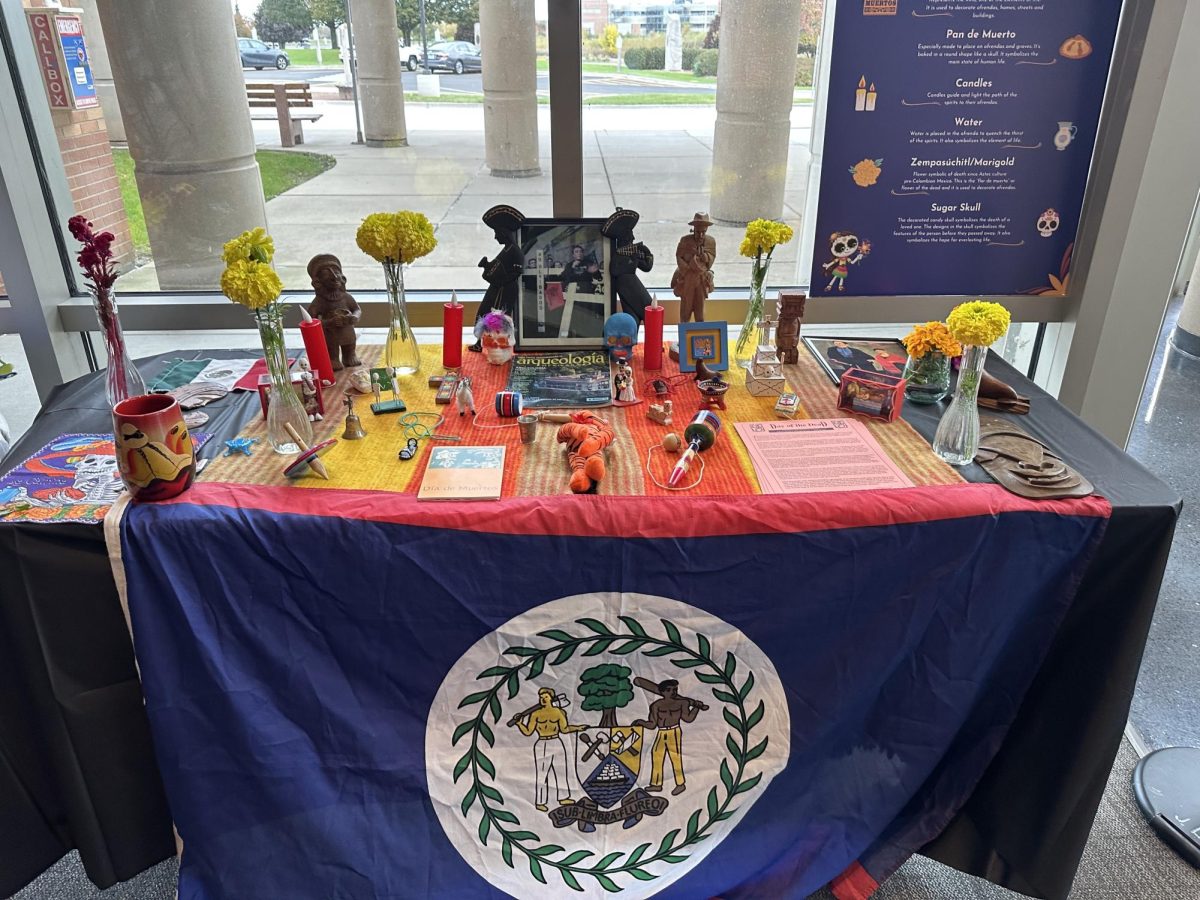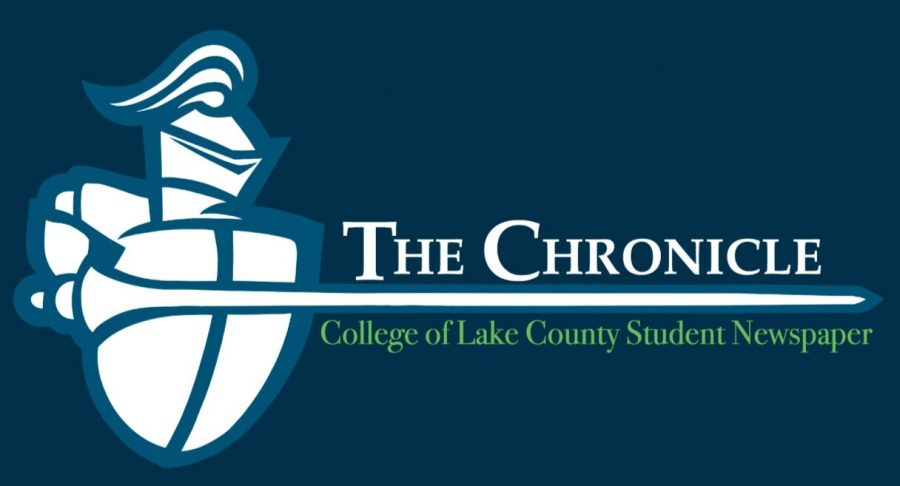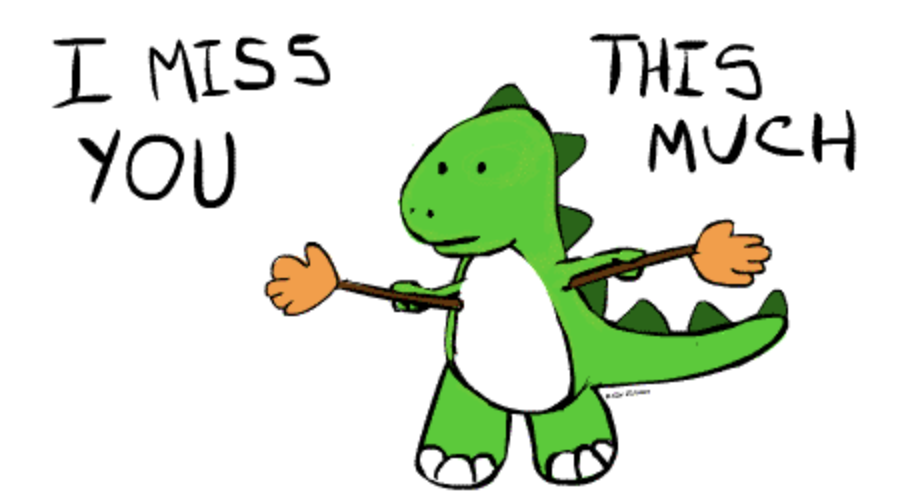Diana Panuncial, a Chronicle editor who graduated from the College of Lake County (CLC) in 2018, returned to the Grayslake Campus April 16 to give advice to a Newswriting class. She spoke about her path to becoming a successful journalist and the ups and downs of her career. Panuncial’s journalism journey started when she enrolled in community college without a major.
“I’m a first-generation college student,” she said,” so the only option I had was CLC.” She also entered CLC’s Honors Scholars program and was matched with the Chronicle, which she said was “very convenient.”
“The Chronicle really just fell into my lap,” Panuncial said. “What I did there and what I learned here is how I fell in love with journalism, and what I do is because of what I was taught. I didn’t set out to be a journalist. It was just one of those things where an opportunity kind of approached itself to me.”
After graduating from CLC, Panuncial went to the University of Missouri (Mizzou) because it was “accessible” and had a wide variety of options within its journalism program.
“I felt like they had a lot to offer as the major was split into health journalism, agricultural journalism, all these different branches,” Panuncial said.
While at Mizzou, Panuncial worked on their student newspaper as a writer and nightside copy editor.
“I liked that they had the students do the Missourian at the same time that you’re studying,” she said. “I had a whole semester with one of my classes just working there.”
While Panuncial enjoyed most aspects of Mizzou, being a transfer student came with its own challenges.
“It was hard because coming in as a transfer student, I felt a bit behind because I was a junior and in classes with freshmen,” she said. “That’s normal here, but at Mizzou, I was still getting forced into freshman classes and at that point, I knew what I wanted to do.”
Panuncial graduated from Mizzou in 2020 and immediately began searching for jobs close to home. After cold emailing and freelancing with various newspaper companies, the Journal Times eventually contacted her for an interview and gave her the job. Soon, Panuncial was thrown into the tough world of journalism, where she often leaned on her editors for support.
“I did get burned out a lot,” she said. “That’s just a sort of thing where you have to set boundaries a lot. I was really lucky that my editor was a bit older than me, so he understood this idea of a work-life balance that a lot of younger, postgraduate journalists are still trying to instill.”
Panuncial recalled feeling grateful for her support system when she was told to write about three local drownings.
“I saw the aftermath of it,” she said. “I got people on the phone and sharing what they saw and heard. After that, I really pushed through writing the story because it needed to be out the next day. But after that, my editor was like, ‘Hey, you need to take a break. You just secondhand experienced something really traumatizing. You talked to families who were affected. So take some time, even just a day really helps.’ It really helps.”
Eventually, Panuncial left the Journal Times and joined the American Libraries Magazine’s staff as an associate editor. She also became a host for the magazine’s podcast, “Call Number,” which she said has made her job a “juggling act.”
“Our deadlines are in the middle of the month, and the podcast also goes out, so I’ve got to do two things at once,” Panuncial said. “Thankfully, it doesn’t take too long once I’ve gotten all the interviews done.”
Hosting “Call Number” has taught Panuncial about time management and pushed her to shift her interviewing style.
“On the podcast, I really try my best to be conversational because our purpose is to make it sound like a conversation rather than a serious one,” she said. “So when I do all the editing and all that, I edit very little.”
When working on the magazine, however, Panuncial has to make sure stories flow well by editing more heavily, so she is constantly switching her editing approach based on the medium.
“If you’re writing, you’re gonna take away the ‘ums’ and you’re going to take away the filler words that are in quotes so that it’s easier to read,” Panuncial said.
Being an editor for the American Libraries Magazine also means covering many aspects of library news, from new books to media censorship, with librarians being the target audience.
“If a librarian were to pick this up, it could help them know how you handle program challenges, which are pretty prevalent, too,” Panuncial said. “Things like drag storytimes and gender-affirming closets, which offer patrons different clothes and different haircuts depending on their gender identity, are unfortunately being attacked by groups.”
In May 2023, Montana became the first state to ban drag performers from reading to children in schools and libraries because of claims that drag performances are inherently sexual.
Many libraries have stopped hosting drag storytimes because of fears of being threatened by anti-drag groups. The American Libraries Magazine makes an effort to write about these issues.
“A lot of our work as American Libraries magazine is not necessarily helping librarians in the frontlines combat these things, but we’re more so covering what they’re doing,” she said.
Panuncial said censorship in public libraries could eventually impact other careers, such as journalism, but she isn’t too worried about it.
“The idea behind it is banning ideas and censoring ideas, and prohibiting people from expressing their intellectual freedom,” Panuncial said. “But the general belief is that there’s a small group, a small majority being really, really loud.”
Currently, she’s “optimistic” that conservative censorship won’t affect journalism and said she’s just glad to see people from other backgrounds beginning to enter the field.
“When I came to the Journal Times I was the only person of color,” Panuncial said. “I really like how a lot of different voices are coming up now and there’s more diversity in journalism.”




